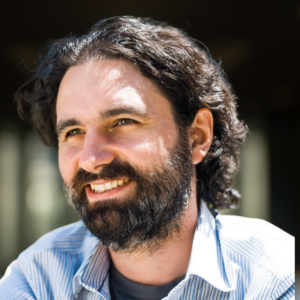Ethan Butler is a Crop/Soil Model Scientist at CIBO, a science-driven software startup. Prior to CIBO, he worked as a Research Scientist at the University of Minnesota. He holds a Ph.D. from Harvard in Earth and Planetary Sciences along with an M.A. and B.A. in Physics from Wesleyan.
Scientific Biography:
I was drawn to science because I wanted to learn the details about how the physical world works. I started with more abstract ideas, but thanks to many teachers along the way I realized that we needed to work on solving the concrete challenges of the modern world. This led me to my dissertation work, which focused on how US maize agriculture has been adapted to local climate and how farmer adaptations could reduce damages from a warming climate. The work at CIBO feels like a natural continuation of the research that I began in my dissertation.
One of my favorite elements of scientific research is the opportunity to work with many other smart and creative people. I’ve worked with physicists, computer scientists, ecologists, geneticists, plant physiologists, anthropologists, and interacted deeply with an even wider net of disciplines. I am an interdisciplinary researcher who relishes bringing the clarity of mathematical analysis to complex environmental problems.
At CIBO I’m working on expanding the crops and geographies that we can model, and I really enjoy working with the many talented people and disciplines that have been brought together here.
A subset of relevant papers:
- Butler, E. E. and P. Huybers, Adaptation of US Maize to Temperature Variations. Nature Climate Change, 2013
- Butler, E. E. and P. Huybers, Variations in the sensitivity of US maize yield to extreme temperatures by region and growth phase. Environmental Research Letters, 2015.
- Butler, E. E., Mueller N.D. , Huybers P. Peculiarly pleasant weather for US maize. PNAS. 2018.
- Gerber, J.S., Ray, D.K., Makowski, D., Butler, E.E., Mueller, N.D., West, P.C., et al. Global spatially explicit yield gap time trends reveal regions at risk of future crop yield stagnation. Nature Food, 2024.
- For the most up to date and complete publication information please see his Google Scholar page.
